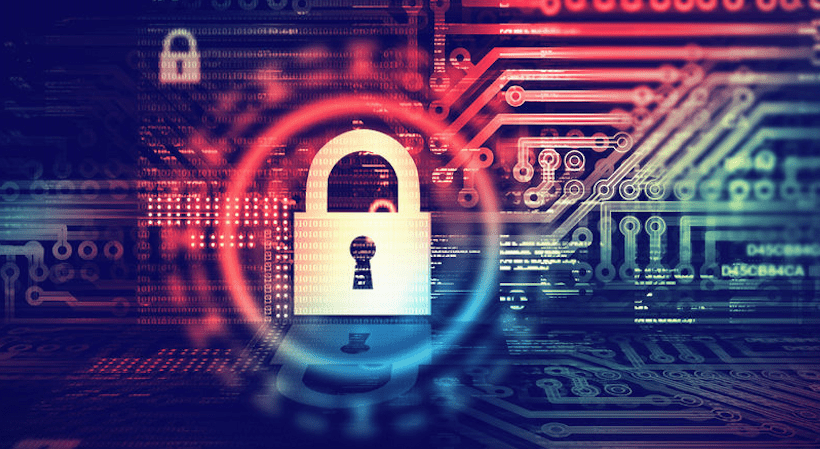WHAT TO DO IF YOU‘VE BEEN HACKED
WHAT TO DO IF YOU‘VE BEEN HACKED
Nowadays, everyone is vulnerable t the threat of cybercriminals or hackers getting access to your information, but these threats aren’t equal for everyone, getting hacked can be a nightmare. Besides that knowing what to do and how to fix it can help, but knowing how to head off hackers or cybercriminals in the first place is even better. Just face it, our government probably knows everything there is to know about you, and other governments do, too.
All
these sophisticated threats are mostly faced by a senior politician, CEO,
activist, and another highly professional person other than the average person, the average person will likely face fewer sophisticated threats. Mainly high
profile figures may be a target with phishing emails that are looking to steal
secrets from corporate networks or initiate the transfer of a large sum of money.
Jake
Moore, a cybersecurity specialist at Eset, said: “We all like to think
we’re not susceptible to social engineering or other kinds of cyberattacks,
but the truth is that even self-aware or intelligent people get caught up in
online scams that can have very damaging consequences, socially or
financially.”
In
this COVID-19 pandemic, millions of Americans or other peoples are working from home, banking from home, attending school from home, and
doing anything else. But unfortunately, bad actors are capitalizing upon reality as an opportunity to steal citizen’s personal or private information.
HOW TO KNOW YOU’VE BEEN HACKED?
How
do you know if your account has been compromised?
Franklin
says, in many cases, it’s pretty obvious and also you can monitor your accounts
for suspicious activity, but in the classic scenario, that could include
unusual activity on your bank account, but there is a good chance you may also
receive an alert from, Facebook, Instagram, Apple, or most importantly Google,
that a sign-in attempt has been made on your account. Necessarily, that doesn’t
translate to hacked account, but it’s certainly a red flag if those sign-in
attempts didn’t come from you.
Hacking
In
this condition you should try to reset or lock these accounts if you’ve noticed
purchases through your Apple ID account that you don’t recognize, seen sent
emails that didn’t come from you, or maybe spotted any other suspicious
activity on your accounts that you can also trace, but can’t account for.
Alert financial Institution
Once
you have established that something is up with one or a few of your accounts,
you should alert the relevant institutions that actually host your account.
That means contacting Google, Apple, your banks, and even major credit bureaus.
Not only this can help to protect you against
further damage, or at least serve as a record, but it could also give the
organization a heads up that there could be a larger breach at hand. It is a way
to not only help others but pay it forward to your future self, too.
Franklin
says, “If someone hacked into your account, let the company know—it could be a
larger breach”.
Change All Your Passwords
Harris Poll Data, 2019, shows that two in three people recycle passwords across accounts and that’s a terrible idea.
Franklin
says, “Level with yourself: for how many accounts do I use the same
passwords?”. While anyone who is involved in a hack should update their
passwords for their various websites and apps—not just those that have already
been compromised—the serial password recyclers should especially pay attention
to this step. Like if your password is “Zypa232#” on your Gmail account and a
hacker gets in, here you better believe they’re going to try out that password
with your other accounts.
Cybersecurity
Alert: “stop saving your passwords in your browser, get a
password manager”

Comments
Post a Comment